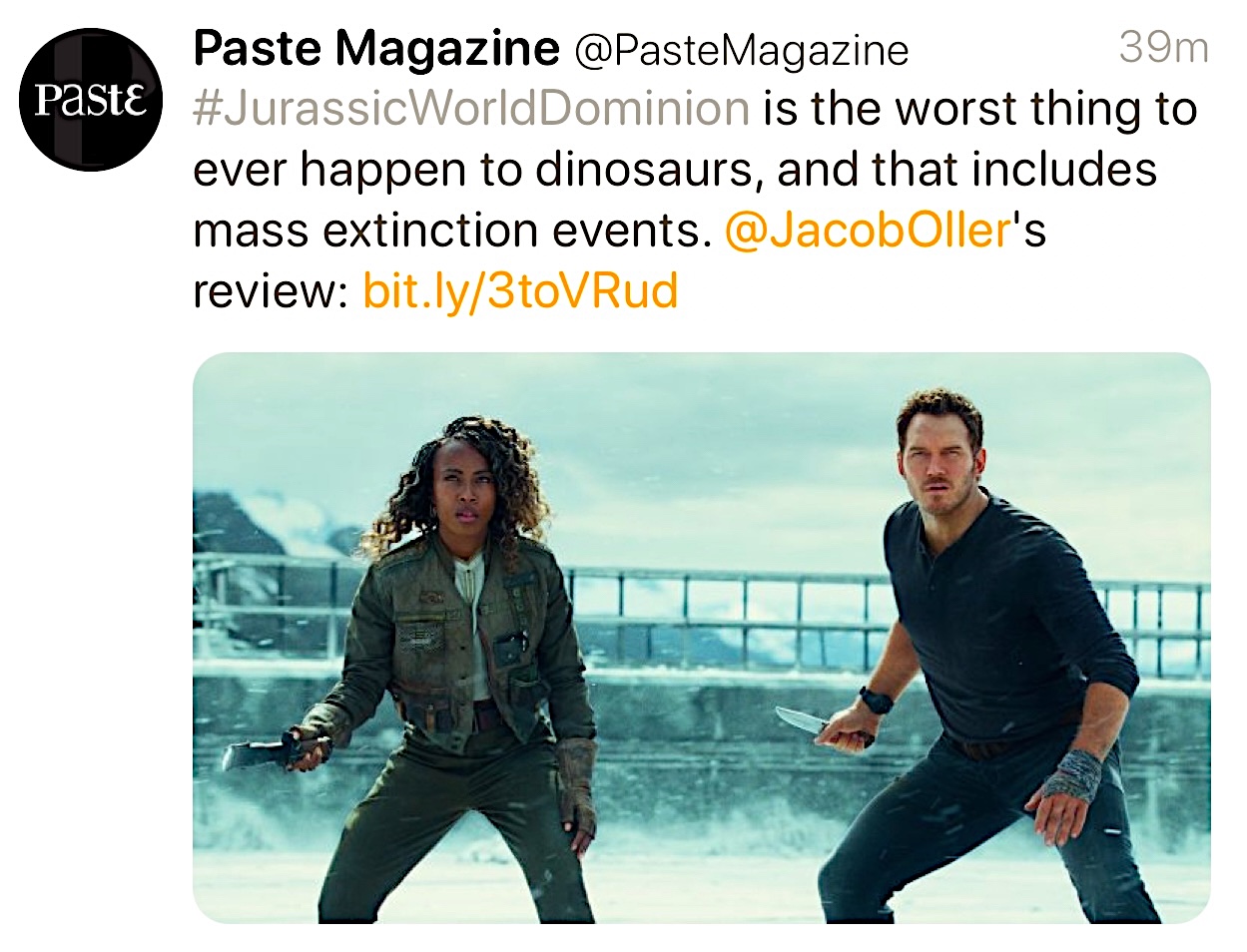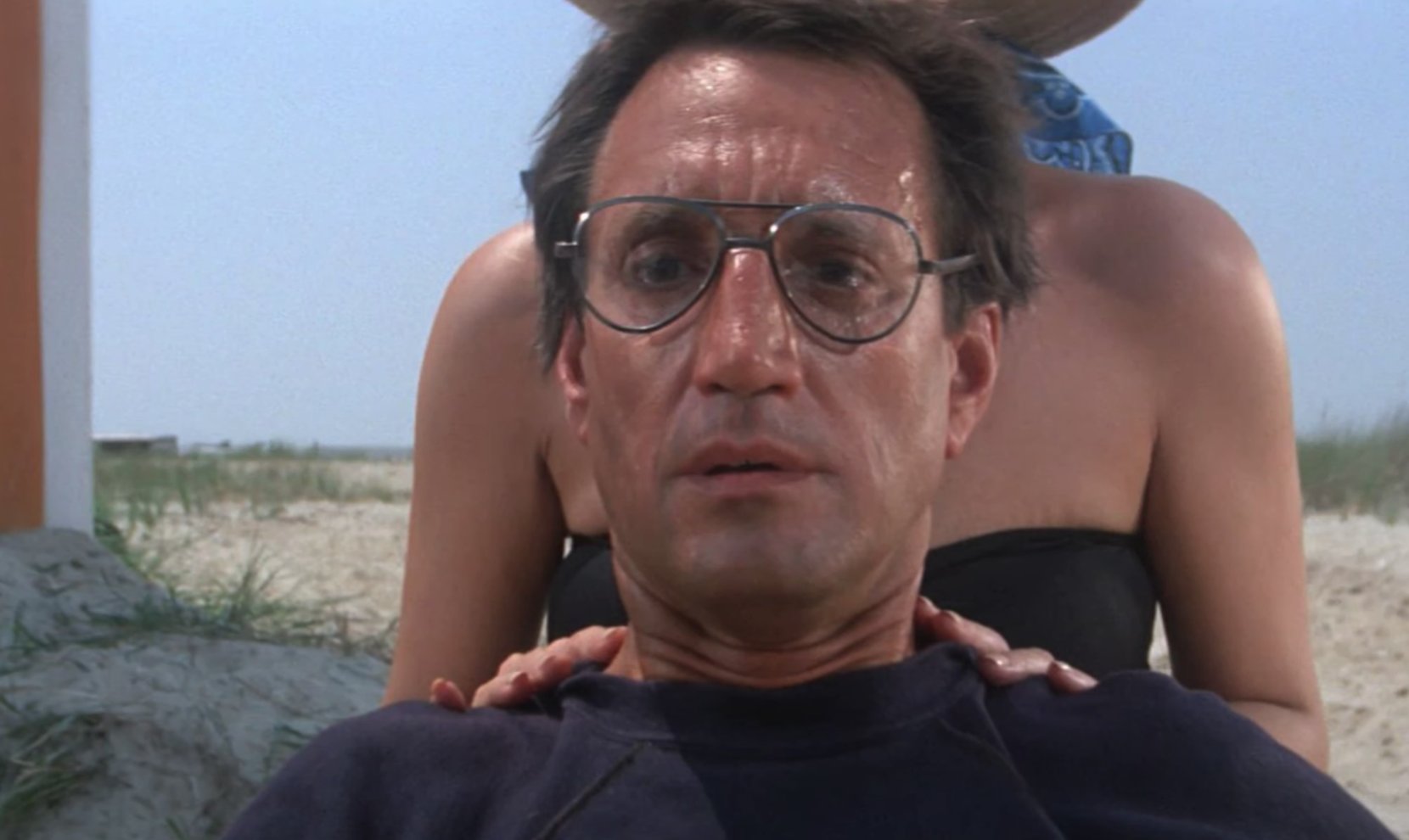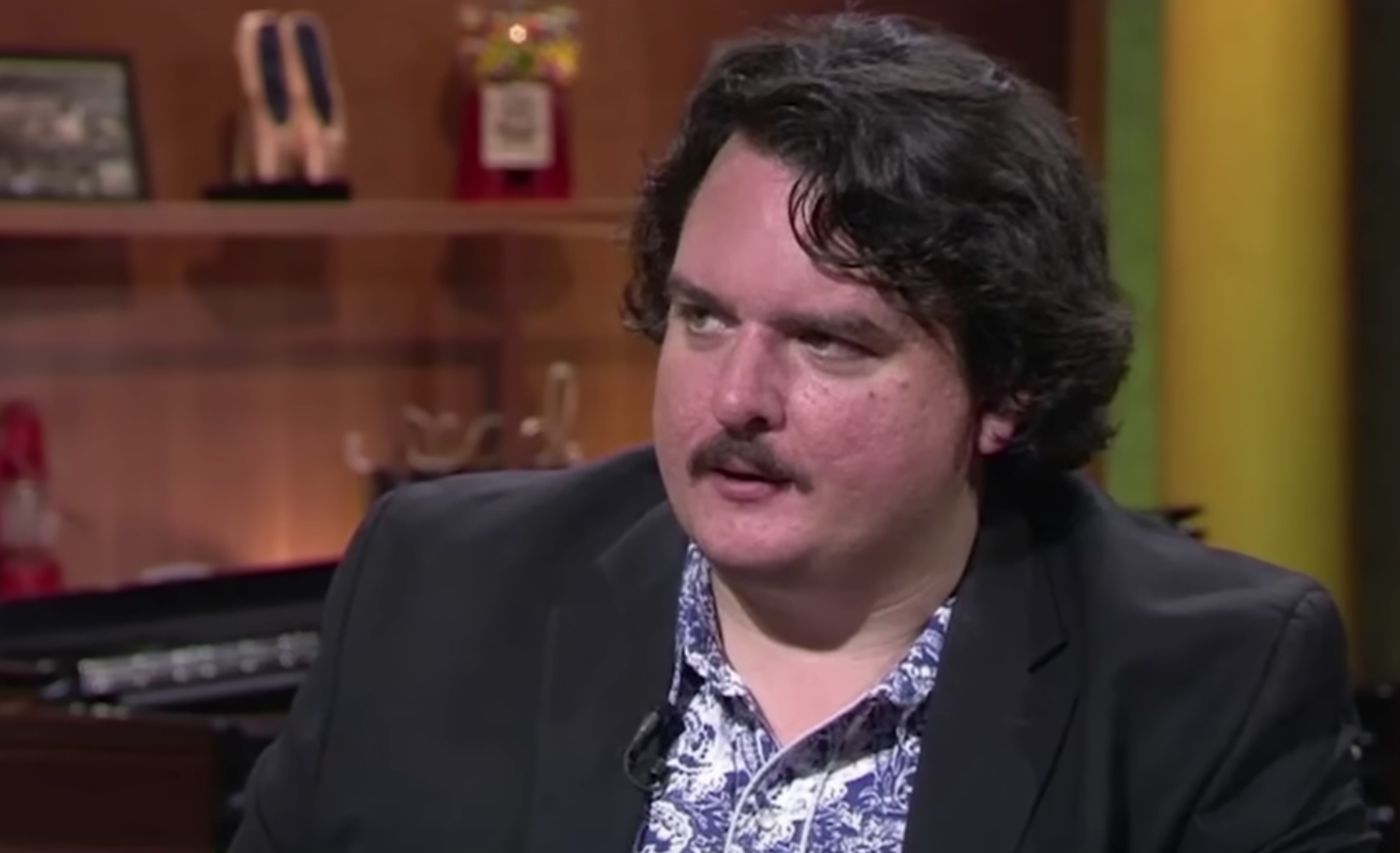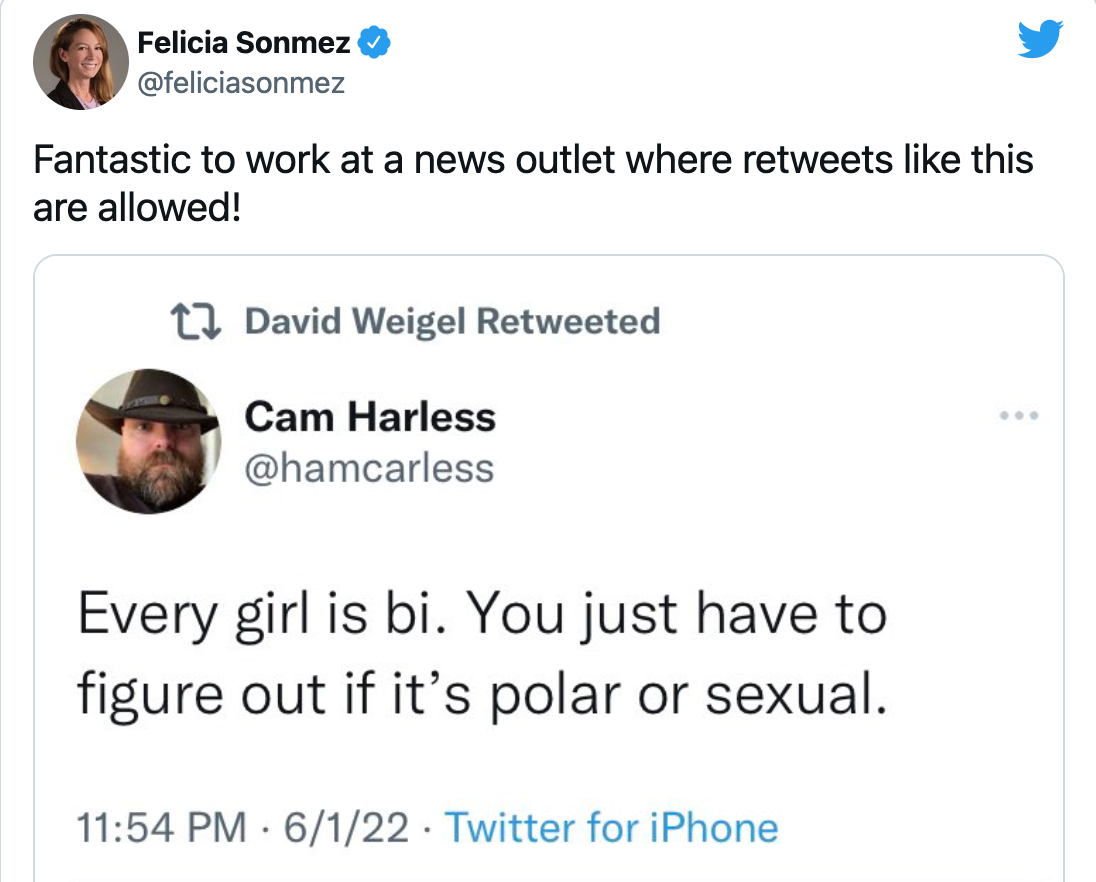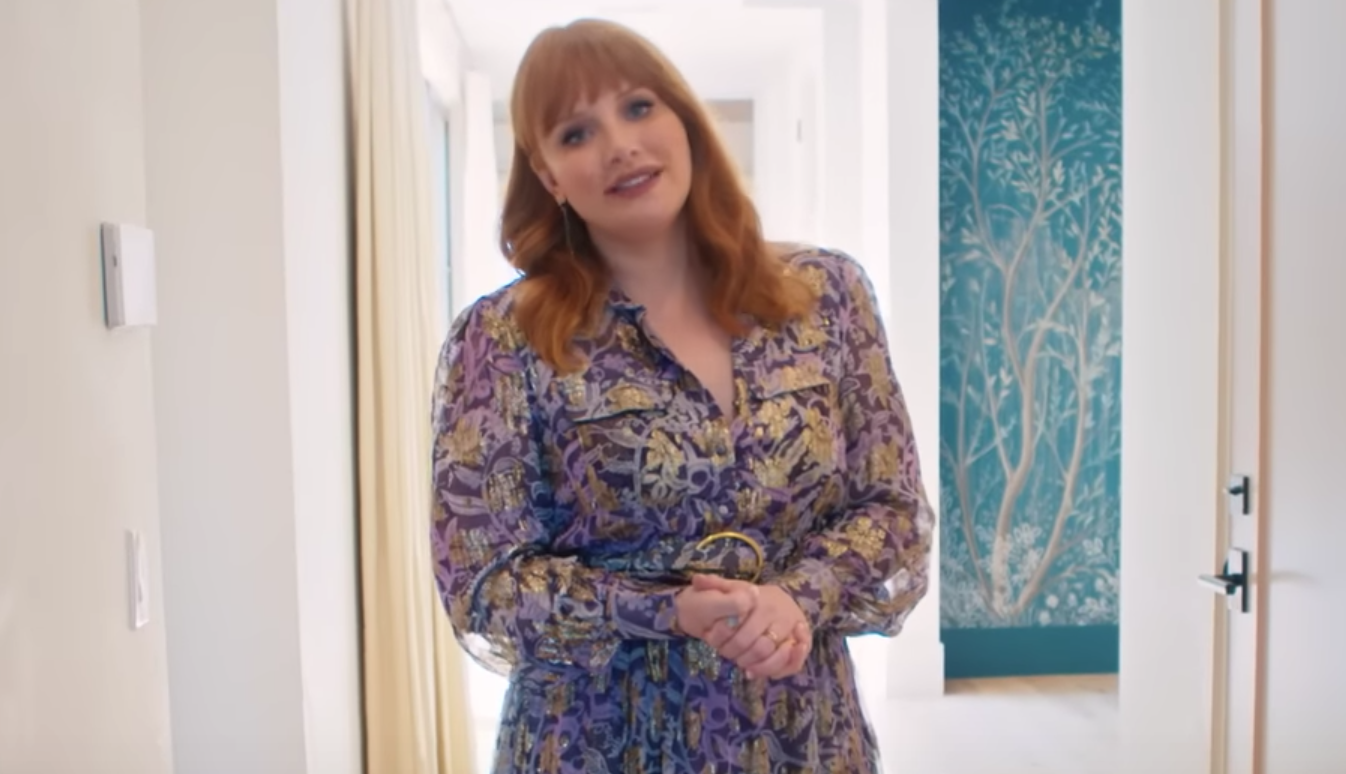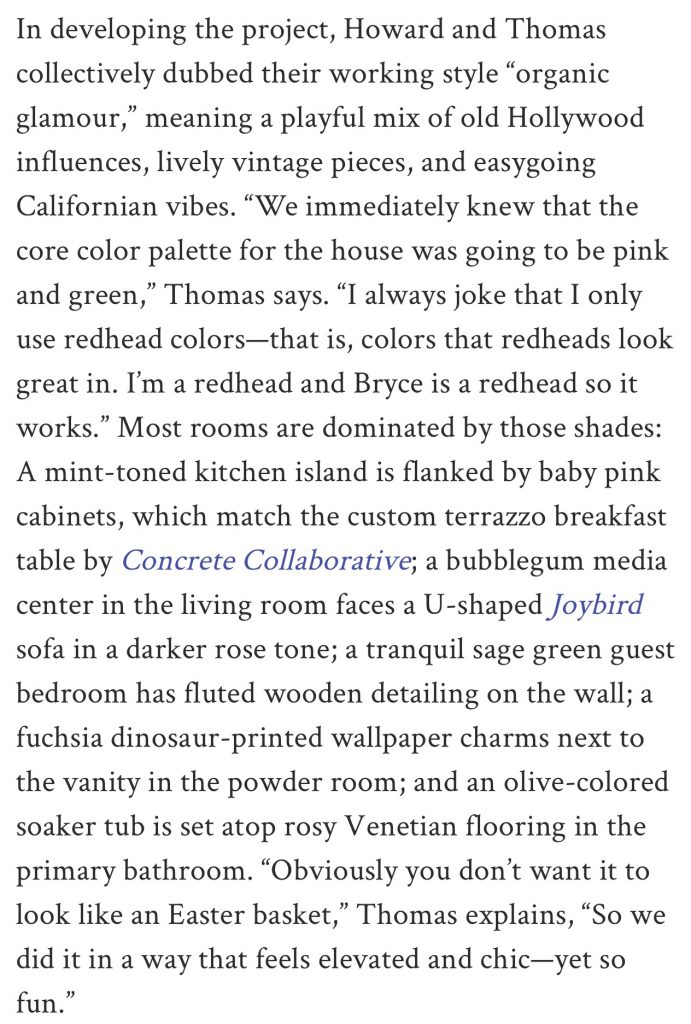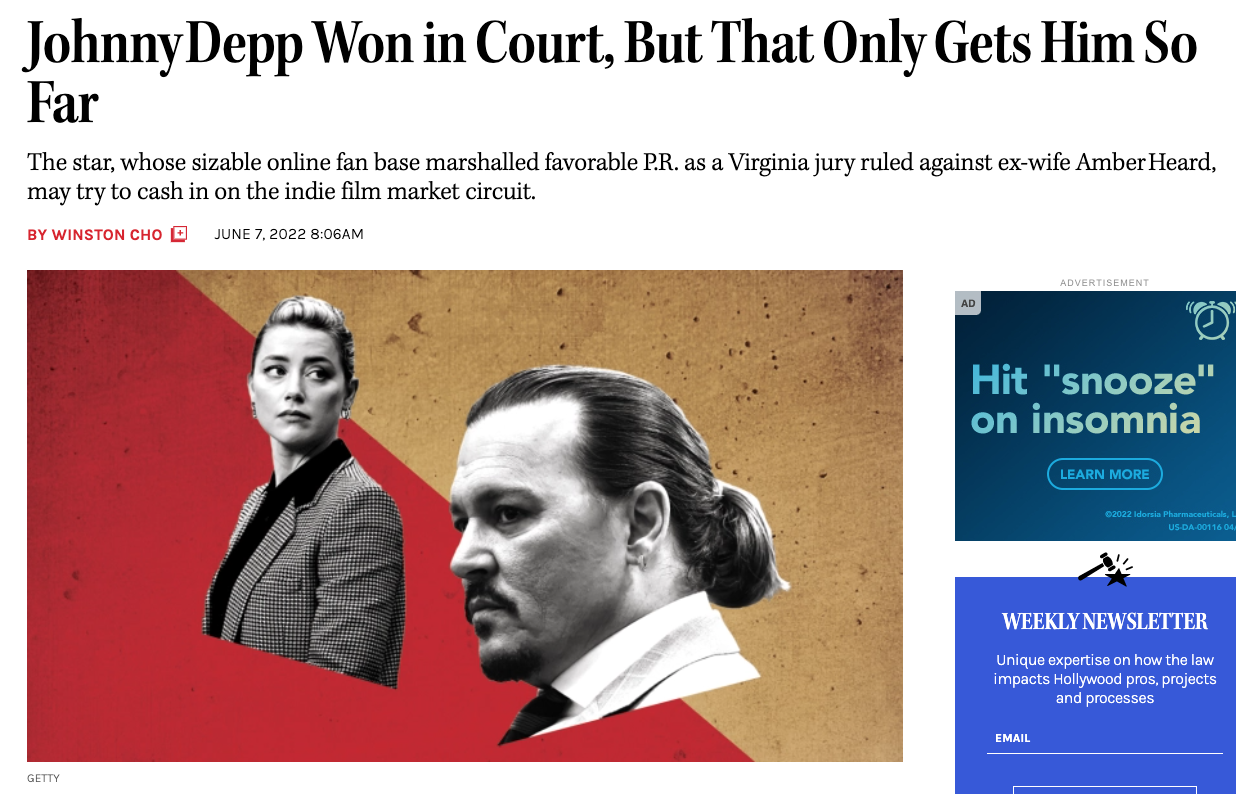Since Daniel Kwan and Daniel Scheinert‘s Everything Everywhere All At Once appeared last March, I’ve been in the grip of opposing instincts. I’ve been dying to hate on this A24 release, and at the same time fearful of watching it. (Right now a 720p streamer is my only option, as I refuse to pay to see it theatrically.)
Since learning that a majority of critics have recently placed it at the very top of their Best of 2022 lists (as complied by World of Reel‘s Jordan Ruimy), I’ve been determined to hate it all the more. I can say with absolute confidence that I’ve never hated a movie that I’ve never seen more than EEAAO. I was therefore comforted by Jordan Ruimy’s 6.7.22 pan — actually a review of a re-watch.
Excerpt #1: “It didn’t do a damn thing for me. Yes, the cast is great, the photography nicely chosen, Chinese culture effortlessly represented, etc. But it felt as though the Daniels were just throwing every idea at the screen, and the result felt rather shallow, especially at a whopping 142 minutes.”
Except #2: “I’m not going to imply that the praise stems from this being a minority story, inventively told, with a dash of social commentary for good measure. There are [so] many people creaming their pants over this film that it can’t just be a virtue-signaling thing. It’s very well made, I’ll give it that, and its success is somewhat groundbreaking for Asians in Hollywood, so I’ll let it slide.”
Except #3: “The top-billed performances are also fantastic (especially Michelle Yeoh), the fighting choreography is visually inventive, and it’s just a very ambitious venture for these indie filmmakers. The first hour is actually fairly solid, but boy,=M does it also overstay its welcome.”
Except #4: “This is the most ‘Millennial’ movie I have ever seen, as a certain philosophy ruminates throughout the film. Cue in the nihilism. The movie basically says the world is a place that’s chaotic and devoid of meaning, so any kind of social development or progress is just an illusion, unless, of course, you learn to love. It might be the most Reddit-approved movie ever made, and its very nihilism, despite the trite messaging, renders it almost meaningless.
“So what, in the end, do we finally get from this film? An overabundance of slapstick, a fetish for over-the-top fighting, multiverses stamped upon more multiverses, and a soapy message about family and love. But at the same time it’s ice-cold…a relentless ADD-infused assault on the senses. There’s nothing cinematic about what the Daniels have done here; it feels rather like a 140-“minute music video devoid of human feeling.”
Ruimy to HE: “You need to watch it just to see how long you can last before you turn it off.”


